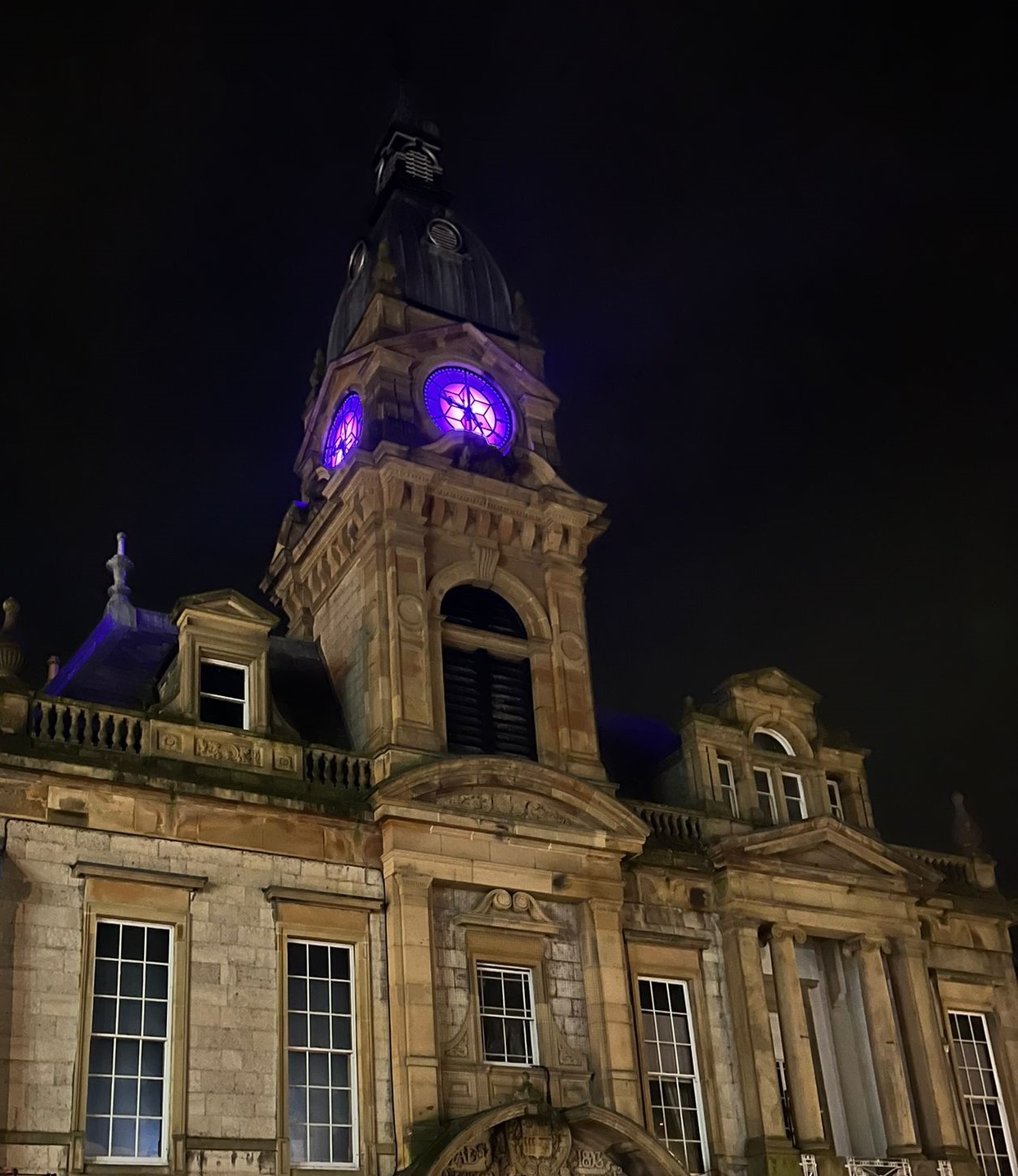Search
Search for something
Fermanagh and Omagh District Council, The Workhouse - Workshop - HMD 2026

Westmorland and Furness Council - Light the Darkness - HMD 2026

Hatikvah Media for Revive FM London - Online Podcast and Radio Broadcast - HMD 2026
